Description
Understanding the specifics of 180gr Full Metal Jacket (FMJ) ammunition is crucial for anyone involved in shooting sports or defense. FMJ refers to a bullet construction that involves a soft lead core encased in a harder metal shell. This design is intended to prevent the bullet from deforming upon impact, ensuring a more consistent trajectory and penetration. The jacket, typically made from copper or a copper alloy, minimizes barrel fouling, enhancing the longevity of the firearm.
The term 180gr denotes the bullet’s weight in grains, with one grain being equivalent to 1/7000th of a pound. A 180-grain bullet is relatively heavy, offering specific advantages and characteristics. Heavier bullets, like the 180gr FMJ, generally provide deeper penetration and more stable flight paths, making them suitable for a range of applications. The increased weight also contributes to reduced wind drift, offering more accuracy over longer distances. However, the added mass can result in greater recoil, which is an important consideration for shooters.
180gr FMJ rounds are commonly used in target shooting, training, and competitions. Their design and weight make them ideal for these activities due to their predictable performance and cost-effectiveness. FMJ bullets are less expensive to produce than other types of ammunition, such as hollow points, making them an economical choice for high-volume training sessions. Additionally, their ability to maintain shape upon impact ensures they punch clean holes in paper targets, facilitating easier scoring during competitions.
Safety considerations are paramount when handling any type of ammunition, including 180gr FMJ rounds. Users should always follow basic firearm safety rules, such as treating every gun as if it is loaded and keeping the muzzle pointed in a safe direction. Proper storage of ammunition in a cool, dry place is also critical to maintain its integrity and performance. When used responsibly, 180gr FMJ ammunition offers a reliable and efficient option for various shooting activities.
Benefits of Brass Case Ammunition
In the realm of ammunition, brass cases stand out for their numerous advantages, particularly when considering 180gr FMJ 800 rounds brass case ammunition. A brass case is a type of cartridge casing made from brass alloy, which is known for its excellent properties in comparison to other materials like steel or aluminum. Among the key benefits of brass case ammunition is its durability. Brass is highly resistant to corrosion and can withstand the high pressures and temperatures generated when a round is fired, making it a reliable choice for shooters.
The reusability of brass cases is another significant advantage. Unlike steel or aluminum casings, brass can be reloaded multiple times without losing its structural integrity. This makes brass case ammunition particularly appealing to those who reload their own ammunition, providing a cost-effective solution over time. The long-term savings from reloading brass cases can be substantial, especially for avid shooters who go through large quantities of rounds.
When it comes to firearm maintenance, brass cases offer a clear advantage. Brass is softer than steel, which means it is less likely to cause wear and tear on the firearm’s chamber and barrel. This results in a longer lifespan for the firearm and less frequent need for repairs or replacements. Additionally, brass cases tend to create less fouling and residue, making cleaning and maintenance easier and more efficient.
From an economic perspective, investing in brass case ammunition can be prudent in the long run. While brass ammunition may have a higher upfront cost compared to steel or aluminum, its durability and reusability can lead to overall savings. For those who reload, the cost per round decreases significantly with each reuse of the brass case, making it a cost-effective choice for sustained shooting activities.
To maximize the lifespan and effectiveness of brass case ammunition, proper storage and handling are essential. Brass cases should be kept in a cool, dry place to prevent tarnishing or corrosion. It’s also important to inspect the casings for any damage or wear before reloading or firing, ensuring that they remain in optimal condition for use. By following these practices, shooters can enjoy the full range of benefits that brass case ammunition has to offer.
Made in Missouri with all New American components.


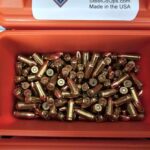



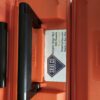


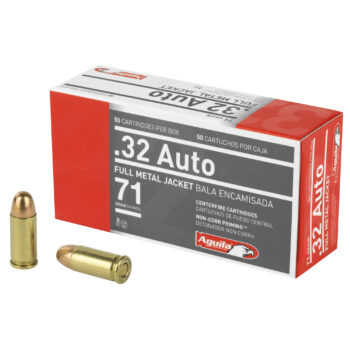
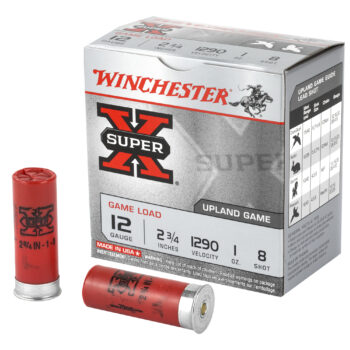
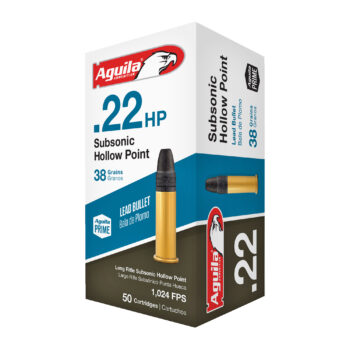
Reviews
There are no reviews yet.